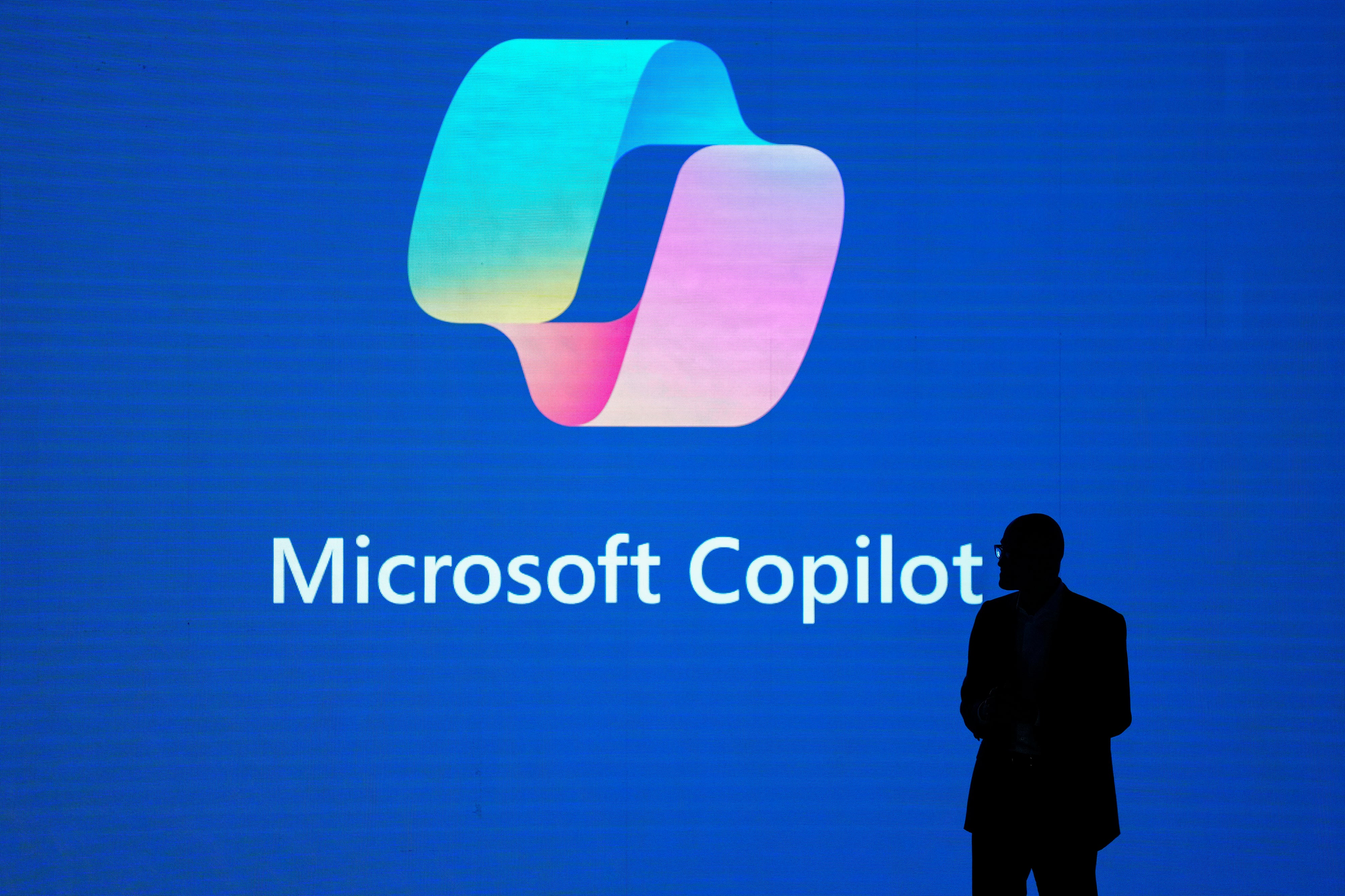Microsoft launches AI that watches everything you do on your computer
‘Recall’ system will surveil people to help them figure out what to do next – but is likely to lead to privacy concerns

Microsoft is launching a new AI system that watches everything its user does on their computer.
The system is intended to be like having a “photographic memory” so that users can recall what they have seen or done on their PC. That will also help it figure out what a user wants to do next.
Microsoft pushed “Windows Recall” as a way of improving its built-in AI tools. It allows users to “access virtually what you have seen or done on your PC in a way that feels like having photographic memory”, it said.
But it is likely to lead to privacy concern among users concerned about the data that it gathers. The company said that it would allow people to choose how much and what data it gathers.
It was one of a number of features and new products that Microsoft revealed at its “Build” conference this week. Most of those features were aimed at bringing AI tools to Windows, with a view to making it quicker and easier to make new documents and find information.
The conference follows big AI announcements last week from rival Google, as well as Microsoft's close business partner OpenAI, which built the AI large language models on which Microsoft's Copilot is based.
Google rolled out a retooled search engine that periodically puts AI-generated summaries over website links at the top of the results page; while also showing off a still-in-development AI assistant Astra that will be able to “see” and converse about things shown through a smartphone’s camera lens.
ChatGPT-maker OpenAI unveiled a new version of its chatbot last week, demonstrating an AI voice assistant with human characteristics that can banter about what someone's wearing and even attempt to assess a person’s emotions. The voice sounded so much like Scarlett Johansson playing an AI character in the sci-fi movie “Her” that OpenAI dropped the voice from its collection Monday.
OpenAI also rolled out a new desktop version of ChatGPT designed for Apple's Mac computers.
Next up is Apple's own annual developers conference in June. Apple CEO Tim Cook signaled at the company’s annual shareholder meeting in February that it has been making big investments in generative AI.
Some of Microsoft's announcements Monday appeared designed to blunt whatever Apple has in store. The newly AI-enhanced Windows PCs will start rolling out on June 18 on computers made by Microsoft partners Acer, ASUS, Dell, HP, Lenovo and Samsung, as well as on Microsoft's Surface line of devices. But they'll be reserved for premium models starting at $999.
Additional reporting by agencies
Bookmark popover
Removed from bookmarks